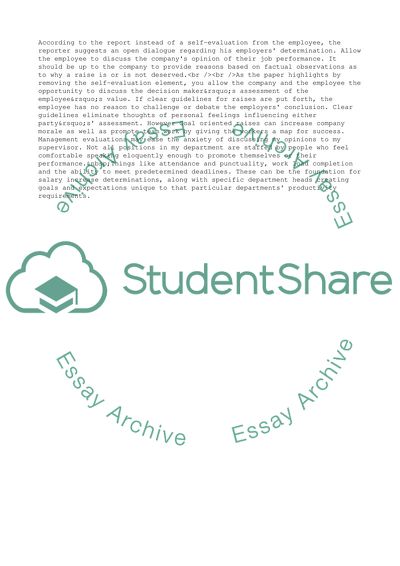Cite this document
(“Effects of Employee Self-Evaluation Research Paper”, n.d.)
Effects of Employee Self-Evaluation Research Paper. Retrieved from https://studentshare.org/management/1700081-effects-of-employee-self-evaluation
Effects of Employee Self-Evaluation Research Paper. Retrieved from https://studentshare.org/management/1700081-effects-of-employee-self-evaluation
(Effects of Employee Self-Evaluation Research Paper)
Effects of Employee Self-Evaluation Research Paper. https://studentshare.org/management/1700081-effects-of-employee-self-evaluation.
Effects of Employee Self-Evaluation Research Paper. https://studentshare.org/management/1700081-effects-of-employee-self-evaluation.
“Effects of Employee Self-Evaluation Research Paper”, n.d. https://studentshare.org/management/1700081-effects-of-employee-self-evaluation.


